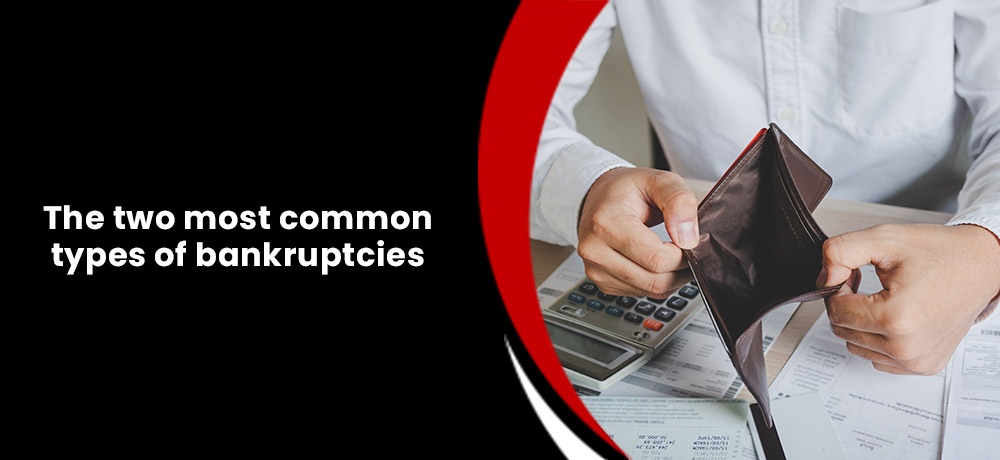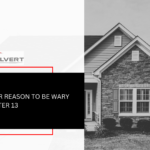Bankruptcy is often feared, and the decision to file for bankruptcy can be a difficult choice. But, bankruptcy can be necessary for someone facing overwhelming debt, because it can give them a fresh start financially. If you wonder whether bankruptcy is the right choice for you, let’s talk.
The two most common types of bankruptcies are Chapter 7 and Chapter 13. (Chapter 12 is for farmers, Chapter 11 is generally for businesses):
Chapter 7: In chapter 7 you may have to give up or buy back your “non-exempt” assets. However, in very many cases there are no “non-exempt” assets. A chapter 7 may remain on your credit report for 10 years, but usually you can obtain credit cards and auto loans soon after bankruptcy, although your interest rate may not be as good as if you had perfect credit. I see people who filed bankruptcy getting perfectly routine home loans a few years after their case.
Chapter 13: Sometimes known as “wage earned” bankruptcy, a Chapter 13 can restructure your debts, catching up mortgage payments, re-writing car loans, etc. A chapter 13 lasts between three and five years, but ordinarily you do not lose any assets that you want to keep. A Chapter 13 filing can remain on your credit report for up to seven years.
I am often asked how bankruptcy will affect a credit score. Usually, the credit score is already poor because you are overloaded with debt and may be in collection. If so, bankruptcy probably won’t sink your score a lot more and because it stops the reporting of future late payments you may be able to rebuild your credit faster.
Once your bankruptcy is over, you likely can get credit in the future. But that will depend on your income and how you handle credit after filing. For instance, you can get a secured credit card and use that to show that you are responsible in making payments on time. You want to not overload yourself with credit card debt in the future, however.
Debt problems can feel overwhelming. Being broke is tough. Being broke can be hard on marriages. Bankruptcy lets you shed old debt. Good resources for budgeting after bankruptcy are The Village Family Services (800-450-4019) or Lutheran Social Services (888-577-2227) or, in the St. Cloud area, Caritas (320-650-1550).
I understand being in debt is stressful, but I’ve helped many, many people through the process.
Call me for a no-obligation discussion of your situation at 320-252-4473.




